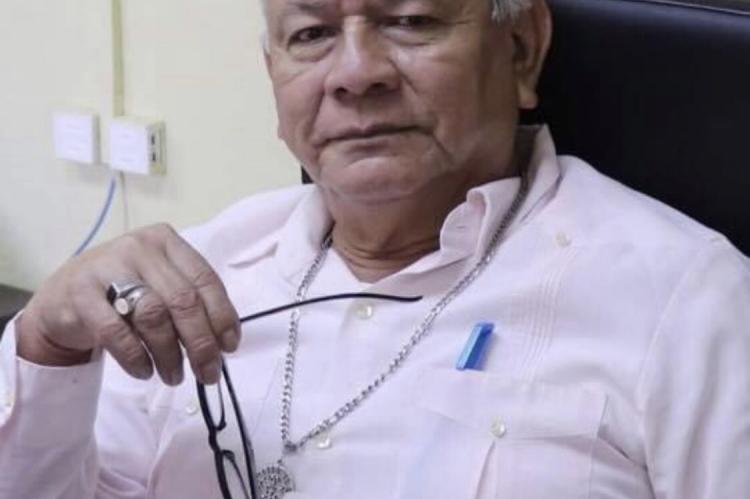Belize's Land Rights Issue Extends Beyond the Maya People. Justice for All !
By: Omar Silva, NP Editor
Belize City, Wednesday 1st March 2023
Belize is a country with a rich cultural and historical heritage, made up of a diverse array of ethnic groups. Each of these groups has its own unique connection to the land, and a history of living off the resources provided by the earth. However, not all of these groups have been treated equally when it comes to land rights, and the issue of recognizing and protecting traditional land tenure rights has become a contentious issue in recent years.
One of the most high-profile cases related to land rights in Belize has been the Maya Land Right Issue. The Maya people have a long history of living in Belize, and a deep cultural and historical connection to the land. However, their traditional land tenure rights have not always been recognized or protected by the government.
In 2007, the Maya people brought their case to the Caribbean Court of Justice, the highest court in Belize. After years of litigation, a Consent Order was issued in 2015 that recognized the Maya people's rights to customary land tenure and required the government to take various steps to protect and enforce those rights.
The Consent Order established a framework for the government to work with the Maya people to identify and protect their traditional lands, to develop mechanisms for resolving land disputes, and to ensure that any development projects on Maya lands are carried out in consultation with the Maya people and with their free, prior, and informed consent.
While the recognition and protection of the Maya people's land rights is an important step towards justice and equity, some have raised concerns about the potential impact on other ethnic groups in Belize. After all, the Maya people are not the only group with traditional land tenure rights.
Recognizing and protecting the traditional land tenure rights of all ethnic groups in Belize could be a complex and challenging task, as each group has its own unique history and cultural practices. However, there are several potential benefits to doing so.
First and foremost, recognizing and protecting the traditional land tenure rights of all ethnic groups in Belize could promote greater social and economic equity. By ensuring that all citizens have equal access to their land rights, the government could help to address historical injustices and promote greater social harmony.
Additionally, recognizing and protecting traditional land tenure rights could help to promote environmental sustainability. Traditional land use practices are often based on a deep understanding of the natural environment and its resources. By recognizing and protecting these practices, the government could help to promote sustainable resource management and protect the natural environment for future generations.
However, there are also potential drawbacks to recognizing and protecting traditional land tenure rights for all ethnic groups in Belize. For example, some have raised concerns about the potential impact on economic development. If traditional land use practices are given priority over economic development, this could potentially limit the country's economic potential and impede progress.
Furthermore, recognizing and protecting traditional land tenure rights could be a complex and time-consuming process. Each ethnic group has its own unique history and cultural practices, and determining how to recognize and protect these practices could require significant effort and resources.
In conclusion, the issue of recognizing and protecting traditional land tenure rights in Belize is a complex and multifaceted one. While the Maya Land Right Issue has received significant attention in recent years, it is important to recognize that all ethnic groups in Belize have a cultural and historical connection to the land. While there are potential benefits to recognizing and protecting traditional land tenure rights for all groups, there are also potential drawbacks that must be carefully considered. Ultimately, the government of Belize must work to address historical injustices and ensure that all citizens have equal access to their land rights, while also promoting social and economic progress.
- Log in to post comments

